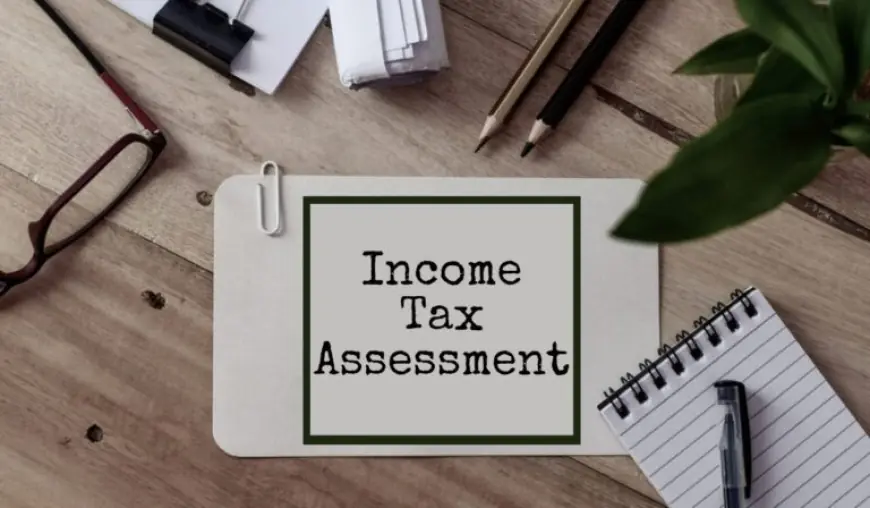Understanding the Basics and Importance Tax
Income tax assessment is a crucial financial process that every taxpayer needs to be familiar with. It involves the evaluation of an individual’s or entity’s income to determine the tax liability for a given financial year. The importance of understanding income tax assessments cannot be overstated, as they play a key role in ensuring compliance with tax laws and proper financial planning.

What is Income Tax Assessment?
An income tax assessment is the procedure used by tax authorities to review and calculate the tax an individual or business owes for a particular financial year. This process evaluates all taxable income sources, deductions, and tax credits claimed to determine whether the taxpayer has paid enough, overpaid, or underpaid their taxes.
Types of Income Tax Assessments
There are several types of income tax assessments that individuals or businesses may encounter:
- Self-Assessment: This is the most common type of tax assessment, where the taxpayer declares their income and calculates their tax liability based on it. This declaration is then submitted to the tax authorities, who may accept it as accurate unless discrepancies arise.
- Regular Assessment (Section 143(1)): After filing an income tax return, the tax authorities conduct a basic check for arithmetical errors, inaccurate claims, or any tax due that hasn’t been paid. This is an initial assessment done electronically without involving any detailed scrutiny.
- Scrutiny Assessment (Section 143(3)): In cases where tax authorities suspect inaccuracies in a tax return, they may carry out a more detailed assessment. This involves reviewing documents and records to verify the taxpayer’s claims.
- Best Judgment Assessment (Section 144): If a taxpayer fails to submit their tax return or provide requested documents, tax authorities have the right to assess their income based on available information. This is known as a best judgment assessment, where the authorities estimate the taxpayer’s income and tax liability.
- Reassessment (Section 147): If tax authorities discover that income has been underreported or missed entirely in a previous assessment, they may reopen the case and reassess the taxpayer’s income.
Why is Income Tax Assessment Important?
Income tax assessments serve several critical purposes, including:
- Compliance with tax laws: Regular assessments ensure that taxpayers meet their legal obligations and pay the correct amount of tax.
- Error correction: Assessments help identify and correct errors in tax returns, such as misreporting or omission of income, ensuring accurate tax payments.
- Financial planning: Understanding your tax liabilities through an assessment helps with better financial planning, allowing for smarter savings and investment strategies.
- Avoiding penalties: Timely and accurate tax assessments help taxpayers avoid penalties, interest charges, or legal consequences that may arise from non-compliance or underpayment of taxes.
Conclusion
Income tax assessment is an essential part of managing your finances and ensuring that you comply with the law. Whether it’s a self-assessment or a more detailed scrutiny by tax authorities, the process helps ensure that the right amount of tax is paid and prevents future complications. It’s always advisable to maintain accurate records and seek professional advice if necessary to navigate the tax assessment process smoothly.
What's Your Reaction?
 Like
0
Like
0
 Dislike
0
Dislike
0
 Love
0
Love
0
 Funny
0
Funny
0
 Angry
0
Angry
0
 Sad
0
Sad
0
 Wow
0
Wow
0



















































